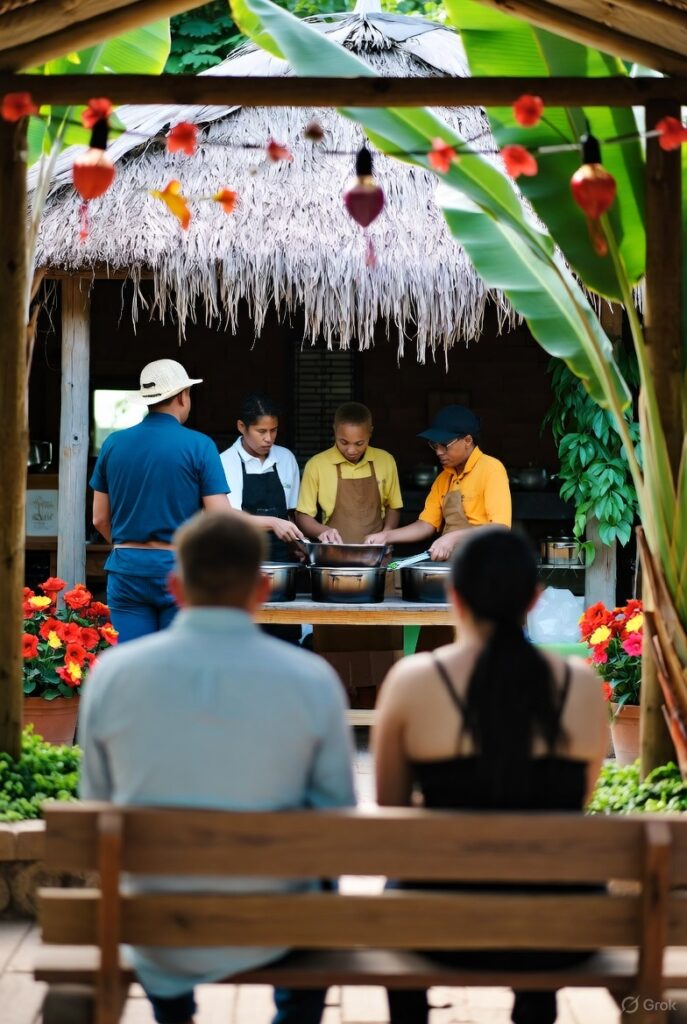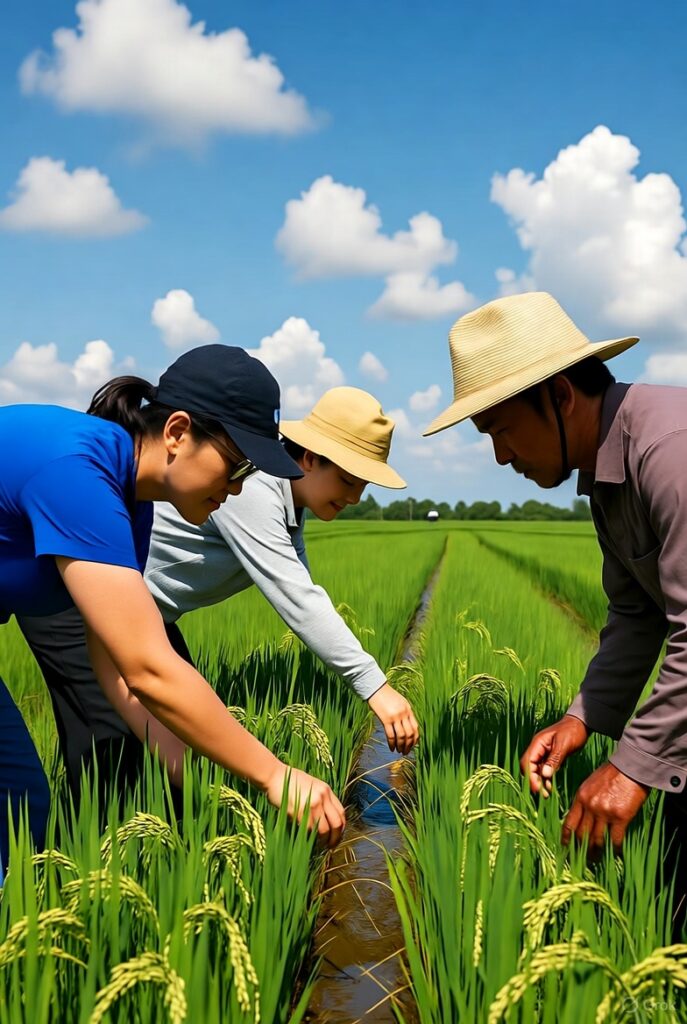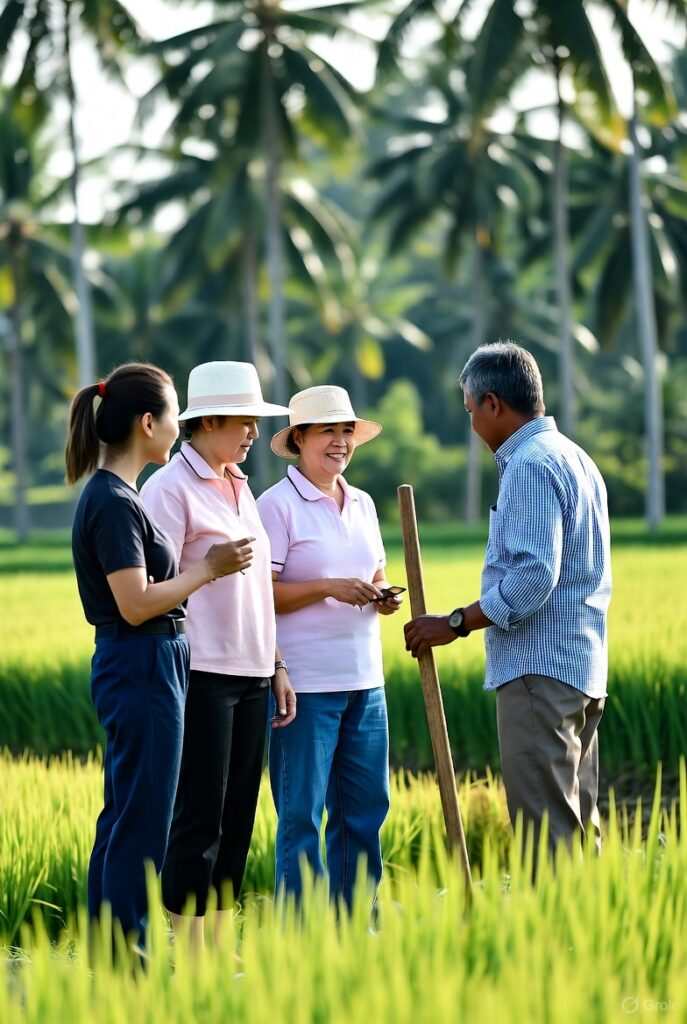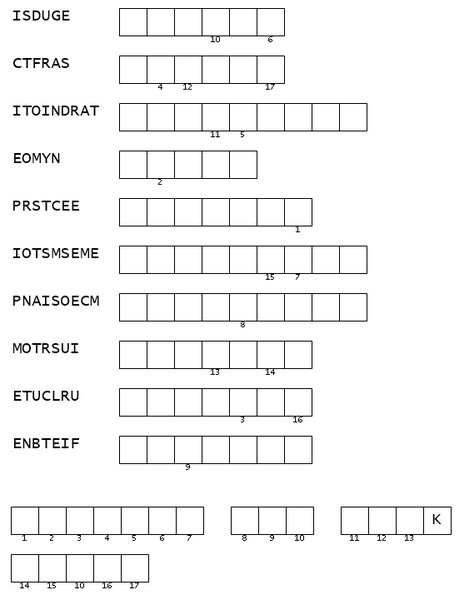- local people benefit?
3. Local people do not get enough benefit
Often, money from eco-tourism goes to big companies or people outside the village, not to local families. Sometimes, villagers lose their land or are forced to change their homes for tourists. Local culture, traditions, and festivals can become like a show for visitors instead of real life. People may get jobs with low pay or only work in restaurants or shops for tourists, not in their normal farming or craft work.

#################
Tourism can bring money to villages and towns. It can help people have jobs and make more money. But often, local people do not get enough benefit. Many times, most of the money goes to big companies or to people who live outside the village. Local families may get only small jobs with low pay. They may work in shops, restaurants, or as guides for tourists, but they cannot earn much from their normal work, like farming, fishing, or making crafts.
Sometimes, tourism can harm local people. Villagers may lose their land or homes to make space for hotels, resorts, or tourist attractions. This is not fair because the local people cannot use their land anymore. Also, tourism can change local culture and traditions. Festivals, dances, and ceremonies that were once part of real life may become shows only for tourists. This is not real life and can make traditions lose their true meaning.
Eco-tourism should help local people and the environment. Villagers should get fair jobs and fair money. They should keep their land and continue their normal life. Tourists should respect local life and traditions. If tourism only brings money to outsiders, local people can lose their home, work, and culture.
___________________
Vocabulary:
- to benefit – to get help, money, or something good from something.
- a villager – a person who lives in a village.
- to be forced – to have to do something even if you do not want to.
- instead of – not this, but that; as a replacement.
- low pay job – work where you get little money.
- farming work – work on a farm, like growing plants or looking after animals.
- craft work – making things by hand, like baskets, clothes, or art.
- to earn money – to get money by working.
- to make crafts – to make things by hand, like art or useful objects.
- sometimes – not always; now and then.
- to harm people – to hurt people or make life worse for them.
- to make space for something – to clear an area so something else can be there.
- to lose meaning – to stop being important or real.
- environment – the world around us, like nature, rivers, and land.
- a fair job – a job that is good and just, with fair rules.
- fair money – money that is enough and right for the work.
- to respect local life – to be polite and careful about the way people live.
- an outsider – a person who is not from the village or local area.
#################
Multiple choice test:
- To benefit means…
a) to get help
b) to lose money
c) to work hard - A villager is…
a) a person who travels
b) a person who lives there
c) a city worker - To be forced means…
a) to choose freely
b) to have to do it
c) to help someone - Instead of means…
a) not this, but that
b) very fast
c) at the same time - Low pay job is…
a) work with much money
b) work with little money
c) work for fun - Farming work is…
a) work in a shop
b) work on a farm
c) work at home - Craft work is…
a) running fast
b) cleaning house
c) making things - To earn money means…
a) to get money
b) to give money
c) to spend money - To make crafts means…
a) make things
b) cook food
c) read books - Sometimes means…
a) every day
b) not always
c) never - To harm people means…
a) speak softly
b) help people
c) hurt people - To make space for something means…
a) clear area
b) hide things
c) take away - To lose meaning means…
a) happen often
b) stop being inportant
c) be clear - Environment is…
a) type of building
b) person outside
c) world around - A fair job is…
a) very easy
b) only for kids
c) good rules - Fair money is…
a) enough money
b) very small
c) never given - To respect local life means…
a) be polite
b) change life
c) ignore rules - An outsider is…
a) farm worker
b) not from village
c) village person
____________________
Answers:
1-a, 2-b, 3-b, 4-a, 5-b, 6-b, 7-c,
8-a, 9-a, 10-b, 11-c, 12-a, 13-b,
14-c, 15-c, 16-a, 17-a, 18-b
##############
Match word/s and definition:
Words:
- to benefit
- a villager
- to be forced
- instead of
- low pay job
- farming work
- craft work
- to earn money
- to make crafts
- sometimes
- to harm people
- to make space for something
- to lose meaning
- environment
- a fair job
- fair money
- to respect local life
- an outsider
Definitions:
A. to hurt people or make life worse
B. a person who lives in a village
C. money that is enough and right for work
D. to have to do something even if you do not want
E. to get money by working
F. making things by hand, like art or useful objects
G. to stop being important or real
H. not this, but that
I. work on a farm, like growing plants or looking after animals
J. to clear an area so something else can be there
K. work where you get little money
L. to be polite and careful about the way people live
M. not always
N. a person who is not from the village
O. to get help, money, or something good from something
P. work of making things by hand, like baskets, clothes, or art
Q. a job that is good and just, with fair rules
R. the world around us, like nature, rivers, and land
___________________
Answers:
1-O, 2-B, 3-D, 4-H, 5-K,
6-I, 7-P, 8-E, 9-F, 10-M, 11-A,
12-J, 13-G, 14-R, 15-Q,
16-C, 17-L, 18-N
___________________
Correct version:
- to benefit – to get help, money, or something good from something
- a villager – a person who lives in a village
- to be forced – to have to do something even if you do not want
- instead of – not this, but that
- low pay job – work where you get little money
- farming work – work on a farm, like growing plants or looking after animals
- craft work – work of making things by hand, like baskets, clothes, or art
- to earn money – to get money by working
- to make crafts – making things by hand, like art or useful objects
- sometimes – sometimes; not always
- to harm people – to hurt people or make life worse
- to make space for something – to clear an area so something else can be there
- to lose meaning – to stop being important or real
- environment – the world around us, like nature, rivers, and land
- a fair job – a job that is good and just, with fair rules
- fair money – money that is enough and right for work
- to respect local life – to be polite and careful about the way people live
- an outsider – a person who is not from the village
################
True or false:

- Villagers often lose their land to make space for tourists.
- Local people always earn most of the money from tourism.
- Festivals and traditions can become shows for visitors.
- Big companies often take most of the money from eco-tourism.
- Villagers can always continue their normal farming work when tourists come.
- Tourism can bring jobs with low pay for local people.
- Local culture never changes because of tourism.
- Sometimes villagers are forced to change their homes.
- Tourism can make local traditions lose their real meaning.
- Villagers sometimes work in restaurants or shops for tourists.
- Tourism can bring some money and benefits to local people.
- Local culture and life always stay the same when tourism comes.
- Villagers always get high pay and full control over tourism projects.
- Eco-tourism can harm local people if it only benefits outsiders.
_______________________
True: 1,3,4,6,8,9,10,11,14
_______________________
Correct version:
- Villagers often lose their land to make space for tourists.
- Local people always earn most of the money from tourism. True is: Local people often do not earn most of the money from tourism.
- Festivals and traditions can become shows for visitors.
- Big companies often take most of the money from eco-tourism.
- Villagers can always continue their normal farming work when tourists come. True is: Villagers sometimes cannot continue their normal farming work when tourists come.
- Tourism can bring jobs with low pay for local people.
- Local culture never changes because of tourism. True is: Local culture can change because of tourism.
- Sometimes villagers are forced to change their homes.
- Tourism can make local traditions lose their real meaning.
- Villagers sometimes work in restaurants or shops for tourists.
- Tourism can bring some money and benefits to local people.
- Local culture and life always stay the same when tourism comes. True is: Local culture and life can change when tourism comes.
- Villagers always get high pay and full control over tourism projects. True is: Villagers often get low pay and have little control over tourism projects.
- Eco-tourism can harm local people if it only benefits outsiders.
###################

Reorder the sentences:
1.
- Villagers
- lose
- their land
- often
- to build hotels or attractions
YOU WRITE:
Villagers often lose their land to build hotels or attractions.
2.
- for visitors
- festivals and traditions
- instead of real life
- can become
- shows
______________________________________
3.
- take
- big companies
- most of the money
- from eco-tourism
- and outsiders
______________________________________
4.
- in shops or restaurants
- sometimes
- villagers
- work
- for tourists
______________________________________
5.
- if
- tourism
- it only benefits outsiders
- can
- harm local people
______________________________________
6.
- Villagers
- their normal work
- cannot
- continue
- sometimes
______________________________________
7.
- Local culture
- lose
- its meaning
- can
- because of tourism
______________________________________
————————
Correct order:
- Villagers often lose their land to build hotels or attractions.
- Festivals and traditions can become shows for visitors instead of real life.
- Big companies and outsiders take most of the money from eco-tourism.
- Villagers sometimes work in shops or restaurants for tourists.
- Tourism can harm local people if it only benefits outsiders.
- Sometimes villagers cannot continue their normal work.
- Local culture can lose its meaning because of tourism.
#################
Interview with a local on the influence of tourism on his village,
complete, fill in, words below:
villagers – outsiders – jobs – problems –
traditions – watch – guides –
perform – homes –
here
———————————
1. Q: What is your name?
A: My name is Sita.
2. Q: Where do you live?
A: I live in Ban Phu Village.
3. Q: Who lives in your village?
A: Many families and __________ live here.
4. Q: How long do you live here?
A: I live ___________ all my life.
5. Q: Why do tourists come to your village?
A: Tourists come to see our farms, houses, and__________ .
6. Q: How does tourism affect villagers?
A: Tourism gives _________, but big companies take most money.
7. Q: What jobs do villagers do for tourists?
A: Villagers work in shops, restaurants, or as __________ .
8. Q: Who earns most money from tourism?
A: Big companies and __________ earn most money.
9. Q: What do villagers lose because of tourism?
A: Villagers lose land, space for farming, and sometimes __________.
10. Q: When do festivals change?
A: Festivals change when tourists visit and __________ them.
11. Q: How do traditions feel now?
A: Traditions feel different because we __________ mainly for tourists.
12. Q: Does tourism bring only good things?
A: No, tourism brings some money, but it also brings __________ for villagers.
______________________
Full version:
1. Q: What is your name?
A: My name is Sita.
2. Q: Where do you live?
A: I live in Ban Phu Village.
3. Q: Who lives in your village?
A: Many families and villagers live here.
4. Q: How long do you live here?
A: I live here all my life.
5. Q: Why do tourists come to your village?
A: Tourists come to see our farms, houses, and traditions.
6. Q: How does tourism affect villagers?
A: Tourism gives jobs, but big companies take most money.
7. Q: What jobs do villagers do for tourists?
A: Villagers work in shops, restaurants, or as guides.
8. Q: Who earns most money from tourism?
A: Big companies and outsiders earn most money.
9. Q: What do villagers lose because of tourism?
A: Villagers lose land, space for farming, and sometimes homes.
10. Q: When do festivals change?
A: Festivals change when tourists visit and watch them.
11. Q: How do traditions feel now?
A: Traditions feel different because we perform mainly for tourists.
12. Q: Does tourism bring only good things?
A: No, tourism brings some money, but it also brings problems for villagers.
###################
Unscramble words, find phrase we are looking for:
